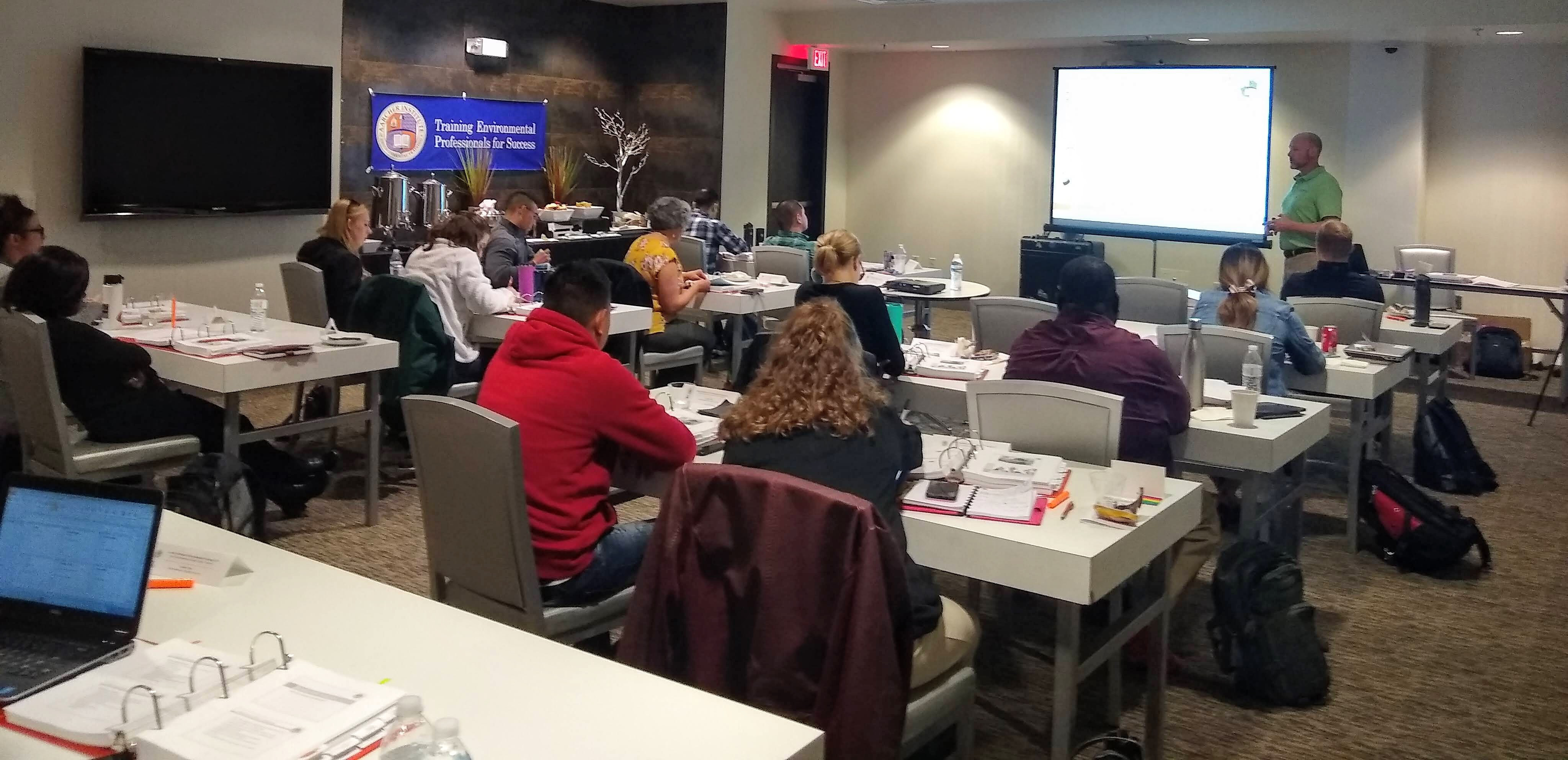
Regulatory compliance training courses offer environmental, health and safety (EHS) professionals an opportunity to learn or reinforce an area of knowledge, typically at a deeper level than is available through short webinars or presentations at industry or association conferences. EHS professionals are choosing to attend such courses more frequently, as part of continual professional development programs.
Based on an industry survey recently conducted by Aarcher Institute, EHS professionals select training courses based on very individual professional needs. More than half of the respondents who have attended training in the past indicated that they registered as a position requirement, and roughly half said they were motivated to register based on relevance of subject matter to current EHS challenges. A smaller percentage required continuing education units (CEUs) for a professional certification. Overall, about half of these respondents attend training on a regular basis.
Most respondents who have never attended courses in the past stated they see such courses as an opportunity for career growth or increased compensation.
If you are planning to attend an EHS course, here are some selection criteria you might consider:
- What course topic(s) will provide you with tools you can use now to do your job more effectively? Are there any new or recently updated regulations that will affect how you do your work? Are you taking on new responsibilities?
- Talk to your manager. Discuss with your supervisor the areas of knowledge that he or she thinks would benefit your organization most, topics most relevant to your current position, or knowledge important to a position you are aiming for in the future.
- Continuing education requirements. If you maintain an EHS industry certification, you are likely required to complete a number of CEUs annually. Be sure the training course provides those units.
- Look at the course topics that will provide you with career advancement. Consider the classes that will give you the edge you need to excel in your career. Many courses offer certifications or licenses that could help you gain a promotion and/or receive a salary increase. Training courses completed are often added to resumes and LinkedIn profiles, so consider how well the course supports your career goals.
- Ask colleagues and mentors. What training classes have they attended in the past, which training organizations have they experienced, and which would they recommend?
It can take time to select a training provider and course, identify a suitable offering time and location, and obtain manager approval. Many EHS professionals choose to draft a written training plan for themselves that describes training needs relative to their job and career, and identifies courses that match those needs, and then seek input and support from managers.

